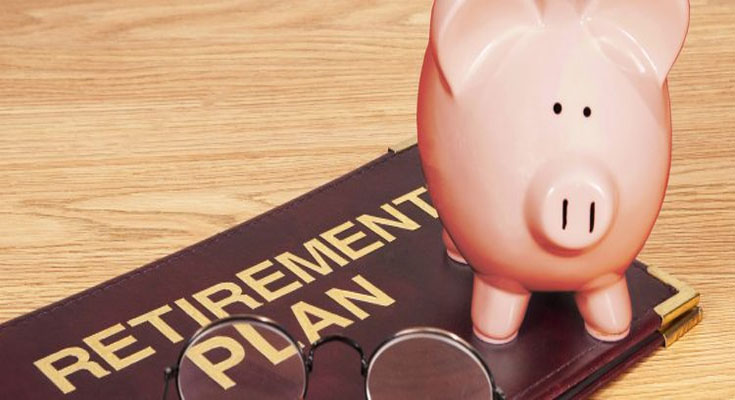Financial planning in your 50s is all about enjoying what you have and looking forward to an even better few decades to come. If you are in your 50s, you are hopefully looking forward to soon reaping the goals of your hard work of investing and saving money. However, if you don’t have quite the portfolio you’d always dreamed of having at this point, there’s no need to panic just yet. With some smart (and possibly even higher-risk) ventures, you can get back on track and still enjoy the life you’ve spent so many years building.
Here are some common financial planning concerns for people in their 50s and how to address them:
Retirement planning – By now, you’ve hopefully been regularly contributing to a 401(k) or an IRA plan for a few decades. As you get closer to retirement age-or if you plan on retiring early-you will want to take a look at living expenses. Take a long, realistic look at the lifestyle you will want to live once you retire and estimate what your expenses are going to look like.
Once you have that estimate, it’s time to determine what your accounts will be worth when you retire. There are calculators on the Internet that can help you with these figures, or you can contact your financial planner to give you a more accurate number.
Take into account any income you will receive during retirement (social security, pension, etc.) as well as your savings, you can now accurately predict whether or not you will meet your goal or fall short.
This would be a good time to review your portfolio. Are you being too aggressive or too conservative in some of your portfolio choices? While these types of oversights might have been okay ten years ago, missteps now can have a much more immediate impact .Consult with your financial advisor about any concerns you may have and make any allocation changes you decide are necessary to help ensure a safe, comfortable retirement.
Estate planning – While no one wants to think about their demise, finding a financial advisor who can help you with estate planning will help give you peace of mind. Estate planning ensures that your estate is handled in a manner that you approve of and that your children are not burdened with making your final financial decisions after your passing.
Consult a lawyer or an estate planner to help with this portion of your financial future. At the minimum, an estate plan should include a will as well as a durable power of attorney. A power of attorney gives a designated person the right to make financial decisions on your behalf if you become unable to do so.
Your estate plan should also include a living will, which will notify people of your wishes regarding medical care in case you become ill or seriously injured and are unable to make decisions yourself.
Of course, one of the best things about financial planning in your 50s is enjoying the money you have (either through earning or a few years of saving). While financial responsibility is in your best interest, you can also afford to spend a little on the types of purchases that will add quality to the life you have.





